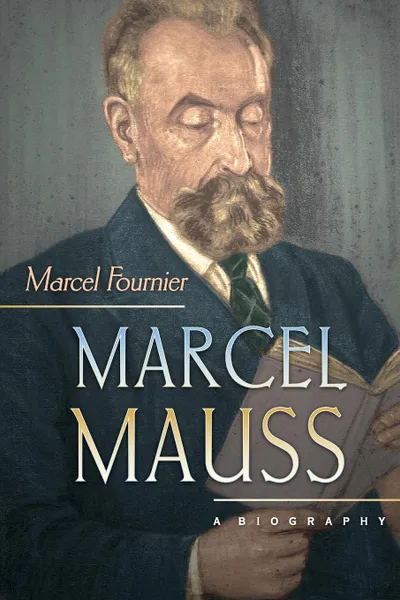Marcel Mauss. A Biography 12+
Автор: Marcel Fournier,
Jane Marie Todd
450 страниц
Категория: Биографии
ISBN: 9780691168074
Язык: Английский
📒 This book is the first intellectual biography of Marcel Mauss (1872-1950), the father of modern ethnology and a leading early figure in the French school of sociology. Mauss left a rich intellectual legacy in the social sciences, influencing the work of Claude Lévi-Strauss and others. His masterpiece, the 1925 essay The Gift, on reciprocity and gift economies among archaic societies, remains required reading in anthropology, and his work more broadly resonates today with students and scholars in fields from the history of religion to sociology. Mauss taught the first generation of French field researchers in anthropology and helped secure the legacy of his uncle, émile Durkheim, the founder of modern sociology.In Marcel Mauss: A Biography, Marcel Fournier situates Mauss's ideas in their biographical context, focusing not only on the details of Mauss's life but also on the people and the academic milieus with which he was associated in early twentieth-century France. He shows how Mauss--through his writings, teaching, and socialist politics--found himself at the center of the intellectual and political life of his country and of Europe through two world wars. The book addresses, among other topics, the effect of the Dreyfus Affair and the First World War on Mauss's thought, and the inner dynamics of the group of scholars around Mauss and Durkheim at the journal they helped establish, Année Sociologique.The fruit of vast research, Marcel Mauss: A Biography is the li...
Мнения
